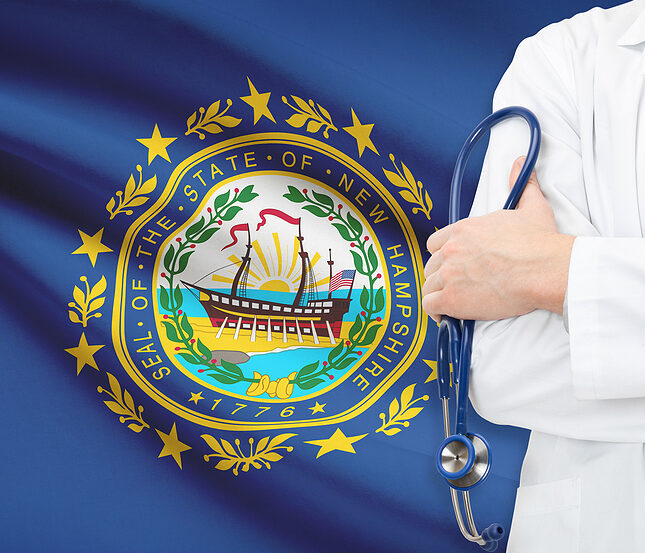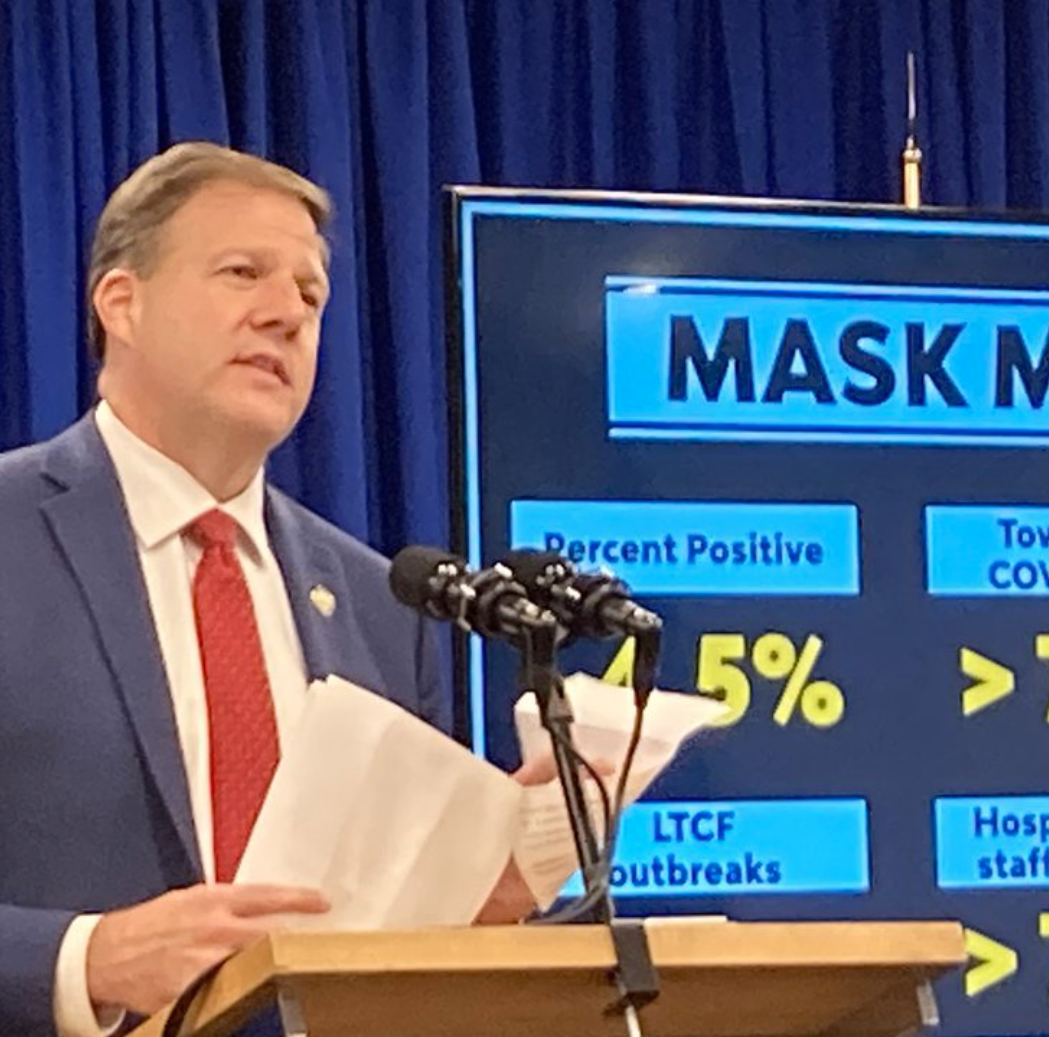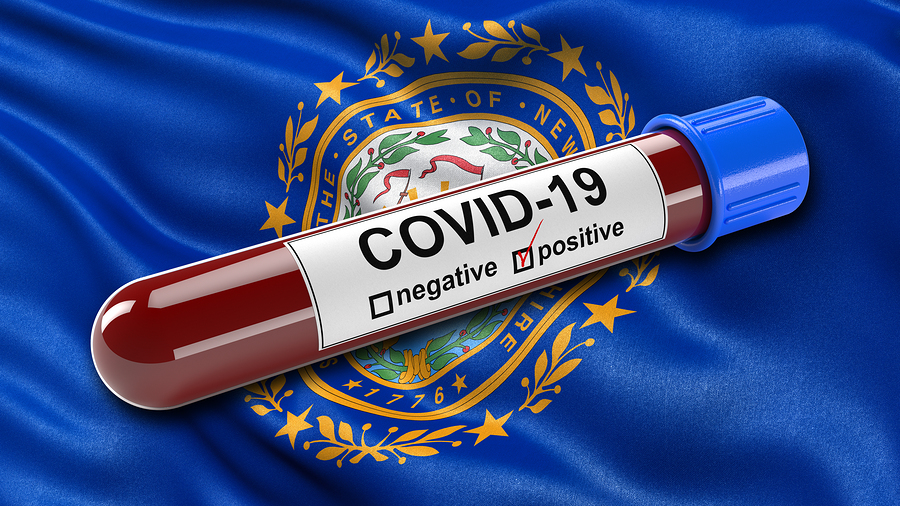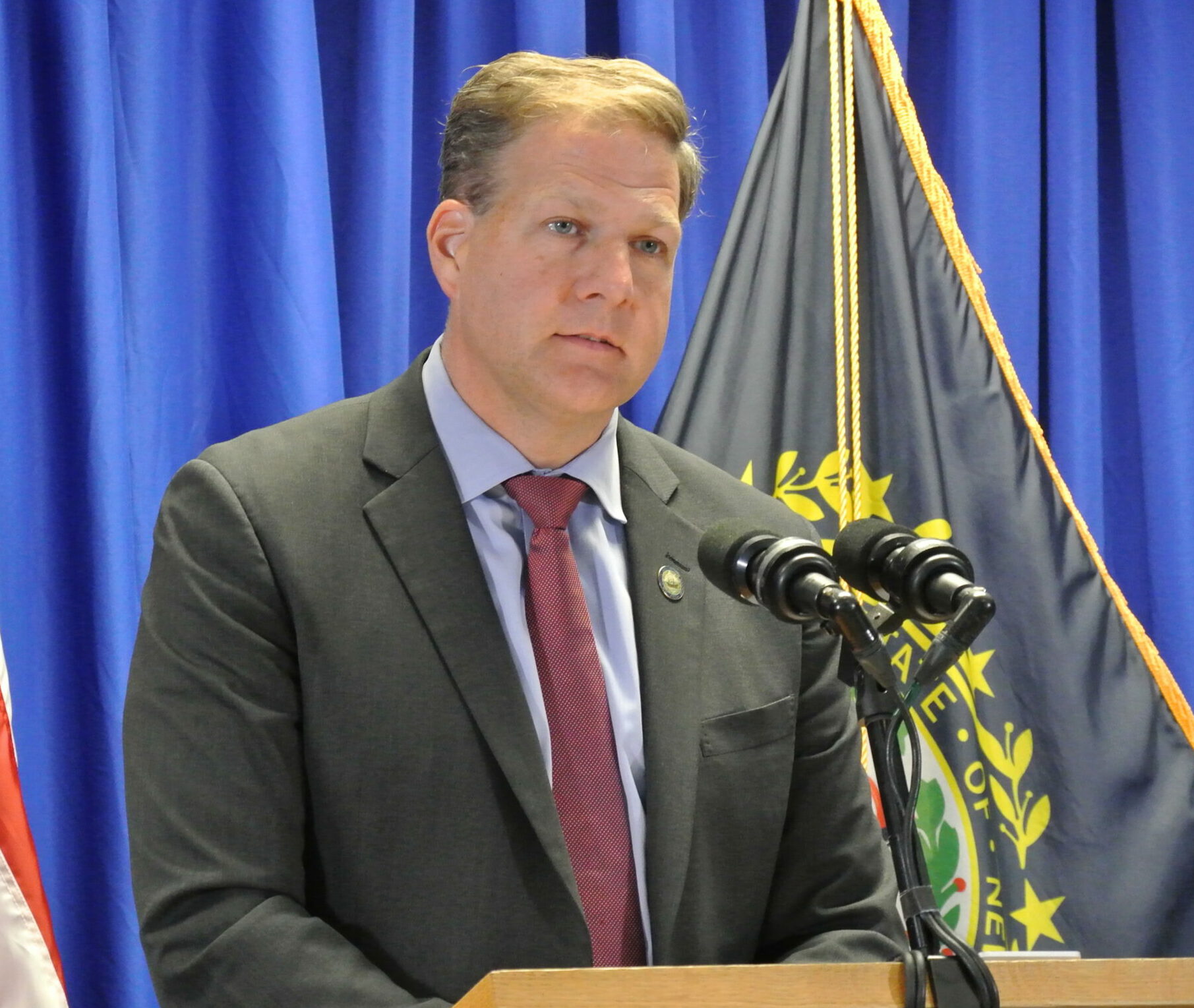Vax Exemption Bill Could Cost NH Billions, Critics Warn

New Hampshire is going to lose billions of dollars in federal funding and cripple its health care system if the legislature passes a bill to expand vaccine exemptions, health industry officials warned Wednesday.
The Senate Health and Human Service Committee heard testimony on HB 1210, which would mandate that all New Hampshire employers give nearly automatic exemptions to vaccine requirements to employees who request them. Critics of the bill concede the state has the power to regulate businesses that way if they choose. The problem, the critics say, is the federal government has its own vaccine requirements in order to receive Medicaid and Medicare funding.
Forcing hospitals, nursing homes, and other healthcare providers to hire unvaccinated healthcare providers could cost the state billions in lost federal dollars.
Paula Minnehan, with the New Hampshire Hospital Association, said if the bill passed, her members would be in danger of losing certification from the Center for Medicare and Medicaid Services, and the funding that comes with that to care for patients.
“This bill is in direct conflict with CMS requirements.,” she said. “The funding at risk for New Hampshire hospitals alone is $2.3 billion.”
That figure does not include county and private nursing homes, community health centers, medical specialists, primary care practices, and other parts of the healthcare system that rely on federal funding.
Kate Horgan, with the New Hampshire Association of Counties, said the bill could also cost county nursing homes millions, and that financial pain would also radiate out to the private facilities that contract with counties for services. Rockingham County alone would lose $30 million in federal funding.
“You will be putting the entire long-term care system at risk,” Horgan said.
The bill would impact hospitals, county nursing homes, primary care doctors who accept Medicaid and Medicare patients, and potentially private contractors who perform services for state and local governments. New Hampshire’s hospitals could lose as much as 70 percent of current revenue, leading to bankruptcies, closures, and loss of care for many New Hampshire residents.
The bill’s prime sponsor, state Rep. Tim Lang (R-Sanbornton), said all he is trying to do is codify into law the current standard procedure for medical and religious exemptions, while also adding an exemption for non-religious “conscientious objectors” to vaccines.
“This is probably the most misunderstood bill in this session,” Lang said. “This isn’t about vaccine mandates; this is strictly about procedure.”
The federal government does not recognize the “conscientious objector” exemption for vaccine requirements and adding it to state law would push New Hampshire out of line with federal standards.
Lang’s take on the current procedure employers must follow isn’t reality, according to Andrea Chatfield, an employment attorney with the Human Resources State Council of New Hampshire. Instead, the bill would take away rights from employers, hinder their ability to have a safe workplace, and open the businesses up to potential liabilities and lawsuits, she said.
“This bill completely strips rights from employers,” Chatfield said. “The bill does not understand the reasonable accommodation process.”
David Juvet, with the Business and Industry Association, said the bill goes so far as to negatively impact other aspects of managing a safe workplace. Businesses couldn’t enforce a “no shoes, no shirt, no service” rule for customers, and it would end the handwashing requirement for employees.
“This is not the most misunderstood bill of the session. If we oppose it, it is not because we misunderstand, it means we understand it all too clearly,” Juvet said.
Some Republican HB 1210 supporters privately grumble the healthcare industry is playing Chicken Little, predicting the sky will fall. They say it is unlikely the federal government would cut off an entire hospital from Medicare funding over a few unvaccinated employees.
Steve Ahnen, president of the New Hampshire Hospital Association, says they’re wrong.
“According to the Centers for Medicare and Medicaid Services’ most recent guidance on vaccine requirements for hospitals and other health care institutions that participate in the Medicare and Medicaid program, ‘The sole enforcement remedy for non-compliance for hospitals and other acute and continuing care providers is termination,'” Ahnen said. “If passed, HB 1210 would put their Medicare and Medicaid funding at risk.”
Debby Scire, president of New Hampshire College and University Council, argues the impact of the bill would be felt far beyond healthcare. She argues that, as written, the bill would end all vaccine requirements, not just for COVID-19. That is a potential health disaster for college campuses, she said.
“As written, it means college could not impose MMR (Measles/Mumps/Rubella) and meningitis vaccine mandates,” she said.
Anne Marie Mercuri, an immunization expert with the New Hampshire Department of Health and Human Services, said a meningitis outbreak would be devastating for the state.
“This bill places New Hampshire residents at increased risk of disease, disability, and death,” she said.
DHHS is opposing the bill as it risks public health through increased infections, as well as causes the state’s health system to become suddenly and severely underfunded.
The committee is set to vote on the bill during an executive session next week.








